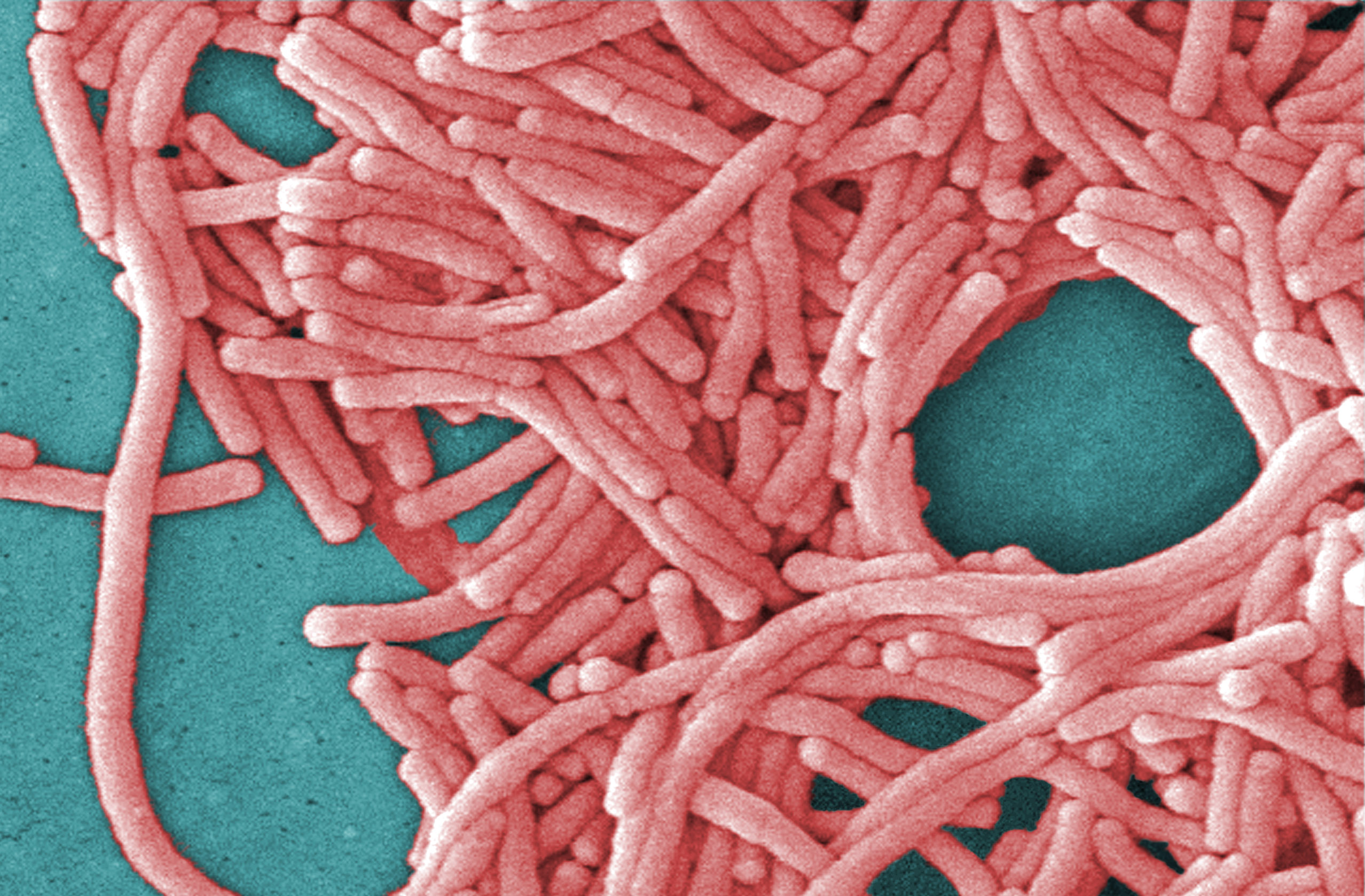![AP LEGIONNAIRES DISEASE A USA [image : 85933254]](http://www.gannett-cdn.com/media/2016/06/15/USATODAY/USATODAY/636015967790186858-AP-Legionnaires-Disease.jpg)
The water system at Pittsburgh's Allegheny General Hospital is contaminated with Legionella, the bacteria that can cause the deadly Legionnaires' disease, officials said Wednesday.
Sam Reynolds, a physician and chief quality officer for the Allegheny Health Network, said no illnesses have been reported. He said patients and workers were being provided bottled water as a precaution, and the hospital could be back to normal in a week.
The disease, a type of pneumonia, is generally contracted by inhaling contaminated vapors. Legionnaires' disease cases have more than quadrupled in recent years, and Reynolds said the bacteria is prevalent in Western Pennsylvania.
"This is something that the CDC (Centers for Disease Control and Prevention) has recognized, that hospitals in the region aggressively monitor for," Reynolds told USA TODAY.
The disease gets its name from the first known outbreak in 1976, when at least 29 people died at an American Legion conference in Philadelphia. The disease generally spreads in water sprayed by showers, hot tubs, air conditioning cooling towers and decorative fountains. Most patients require hospitalization and 10% die.
![Legionnaires' disease diagnoses quadrupled since 2000 [oembed : 85933420] [oembed : 85933420] [oembed : 85933420] [oembed : 85933420] [oembed : 85933420] [oembed : 85933420]](/Portals/_default/Skins/PrestoLegacy/CommonCss/images/smartembed.png)
The number of diagnoses of the illness grew from 1,127 in 2000 to 5,166 in 2014, the CDC reported last week. The increase in cases could be the result of an aging population, older plumbing or climate changes, the CDC said. It's also possible doctors are better at diagnosing and reporting the disease.
New York City experienced the largest Legionnaires' outbreak in its history last year, when the disease sickened 133 people in the South Bronx and killed 16.
Most Legionnaires' cases develop in people over age 50 and those with certain risk factors, such as chronic lung disease, a history of smoking or a weakened immune system, according to the CDC. Symptoms include coughing, shortness of breath, muscle pain and headache.
Most outbreaks can be prevented through better water management, according to the CDC report, which examined 27 Legionnaires' outbreaks from 2000 to 2014. Human error, such as failing to clean or replace the filter on a hot tub, caused more than half of the outbreaks studied. About one in three were the result of equipment problems, such as a malfunctioning disinfection system.


